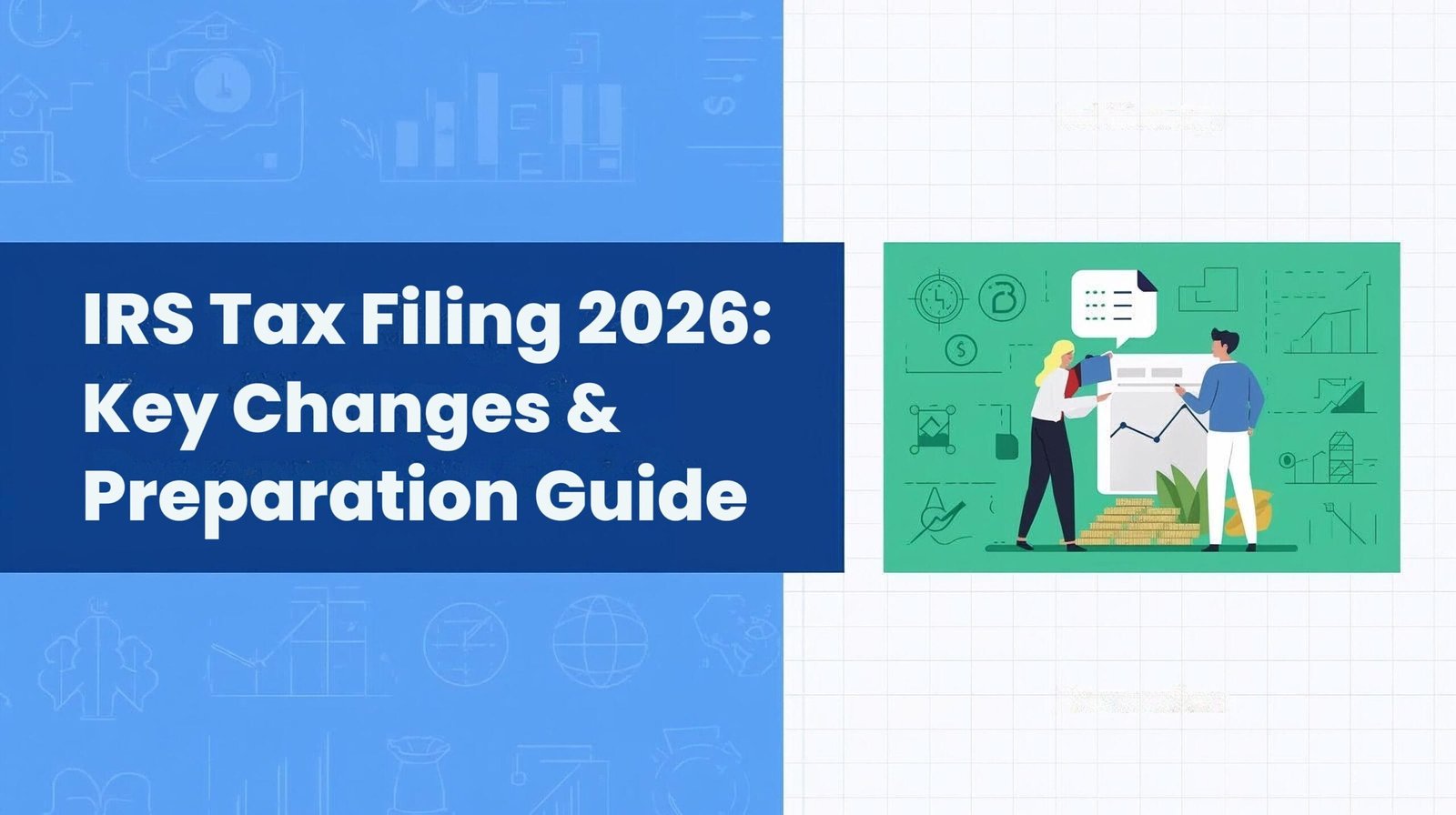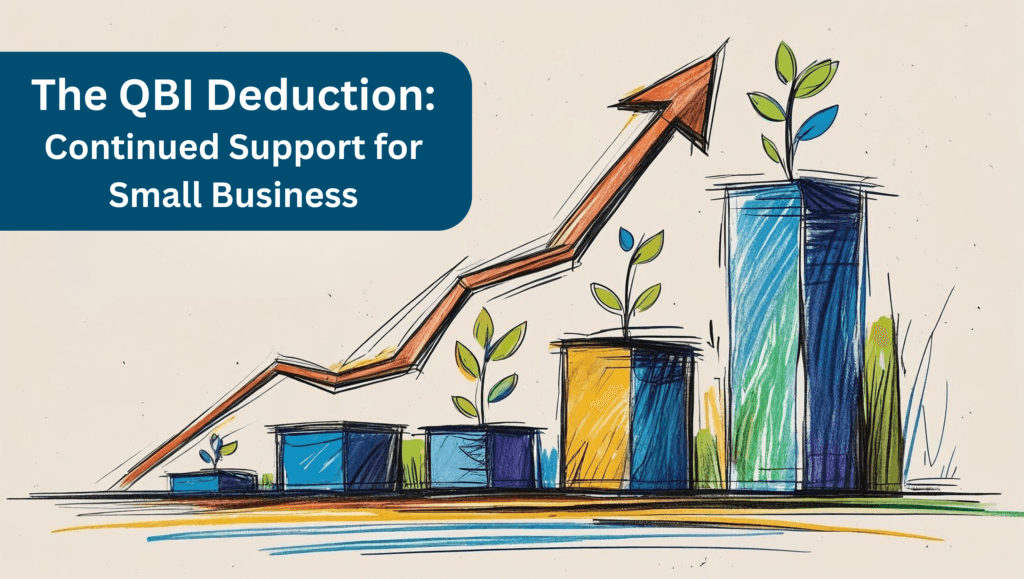
We Make Tax Filing A Breeze
Home » QBI Deduction for Small Businesses: What You Need to Know

Starting a business in the U.S. is a fantastic opportunity, but let’s be honest, the tax system can feel like a whole new language. I’ve seen this firsthand with many of our international clients, especially those from places like India who are just starting out here. The good news is, once you understand the rules, you can unlock some powerful tax benefits. One of the biggest, and one that every small business owner should know about, is the Qualified Business Income (QBI) deduction.
This deduction, also known as Section 199A, was introduced to give small, unincorporated businesses a tax break similar to what large corporations get. It’s a huge deal. It can cut your personal tax bill by up to 20% on a portion of your business income. That’s a significant amount of money that can stay in your pocket.
Think of it like this: your business earns a profit. As the owner of a pass-through entity (which I’ll explain in a moment), that profit becomes your personal income. The QBI deduction essentially says, “we’ll let you deduct up to 20% of that profit before we calculate your tax bill.” It’s a deduction you take on your personal tax return, right on Form 1040, which makes it even more valuable because you can claim it without having to itemize.
The key term is “Qualified Business Income.” This is usually your net business profit, but it doesn’t include things like capital gains, dividends, or the salary you pay yourself from an S-Corporation. Essentially, it’s the core income from your business operations.
This is where the details are critical. The QBI deduction isn’t for every business. The rules depend on two big things: how your business is structured and how much money you make.
The QBI deduction is specifically for owners of pass-through entities. If you’re a non-U.S. resident or expat looking to incorporate, you need to pay close attention to this. Eligible structures include:
If you have a traditional C-Corporation, you’re out of luck on this one. C-Corps have their own tax structure and don’t qualify for the QBI deduction. This is a major factor many clients consider when we help them decide on the best business structure.
For a lot of small businesses, especially in the early stages, the rules are pretty simple. If your total taxable income is below a certain level for 2024, that’s $191,950 for single filers and $383,900 for married couples filing jointly you can generally take the full 20% deduction without many complications.
But if you cross those income thresholds, the deduction might be limited. The rules become more complex, factoring in the W-2 wages you pay to employees and the unadjusted basis of your business property. This is where professional advice becomes essential, as a mistake could cost you thousands.
Here’s a big one that catches many people off guard. If you’re a consultant, lawyer, accountant, or working in finance, your business is likely classified as a Specified Service Trade or Business (SSTB).
For an SSTB, if your income is above the threshold, your QBI deduction could be completely phased out. This is a very common scenario for international professionals who form U.S. consulting firms. I’ve helped clients in these exact situations navigate this rule to make sure they’re compliant and getting every possible benefit.
The basic calculation is simple enough: 20% of your qualified business income. But once you factor in income thresholds, SSTB status, and other limitations, it’s not a simple multiplication problem anymore. The IRS has provided specific forms, Form 8995 and Form 8995-A, to handle these calculations. Trying to do this on your own without a deep understanding of the rules can be a recipe for error.
Here’s a crucial piece of information for your long-term planning: the QBI deduction is currently set to expire after the 2025 tax year. That means it’s gone for tax years starting in 2026, unless Congress decides to extend it. This is a timely reminder to take advantage of this benefit now and to start planning for a future without it.
The QBI deduction is a perfect example of a powerful U.S. tax law that can be a huge asset for your business but only if you understand the details. The complexities of business structure, income limits, and specific rules like the SSTB are exactly why so many international entrepreneurs and expats seek out our help.
At TheTaxBooks, our team, led by me, Kishore Chennu, an Enrolled Agent with the IRS, specializes in U.S. tax planning and company formation. Whether you’re just starting an LLC or are an established S-Corp owner, we can help you figure out your QBI deduction, prepare your federal and state tax filings, and ensure you’re maximizing your tax strategy. Don’t let a complex rule cost you money.
To learn more about how you can reduce your taxes and save money, check out the helpful resources on our blog or contact us today to schedule a consultation.